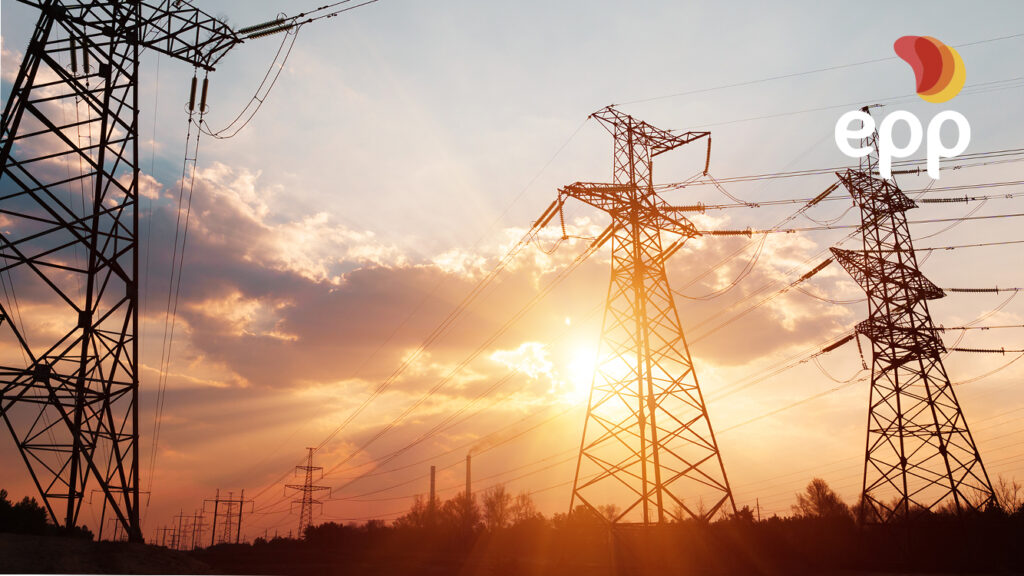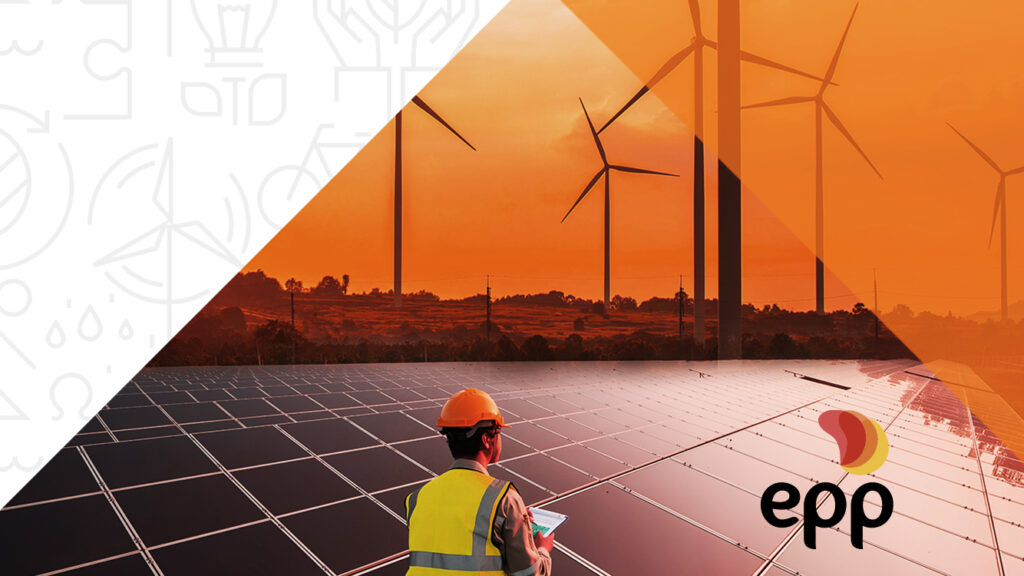Currently, energy generation from biomass is responsible for 9% of the country's energy. See growth prospects. Biomass is any biodegradable fraction of organic matter products and waste, which can be used in energy generation. With the water crisis, there was a need to activate thermoelectric plants to meet the country's energy demand.
According to CCEE, in May 2021, thermoelectric plants that used sugarcane bagasse accounted for 33% of the energy supply coming from thermoelectric plants. Waste that was once a problem for the producer is now a source of renewable energy generation. Biomass-powered thermoelectric plants, such as sugarcane bagasse, wood and forestry industry residues, have a high […]
The national electric matrix is formed by 82.9% of clean energy, such as hydroelectric, biomass and solar energy, while the global average is 26.7%.
According to the Ministry of Mines and Energy, Brazil currently has 83% of its matrix originated from clean energy. The share is led by hydroelectric (63.8%), followed by wind (9.3%), biomass and biogas (8.9%) and solar (1.4%). Unlike the global average, Brazil is three times more sustainable than other countries.
One of the advantages of biomass energy is that it is a 100% renewable resource and has a low cost and high capacity for using waste. Do you know how biomass energy is produced? Biomass is the term used to define a mass of debris from living or decomposing organisms. It can be of animal or vegetable origin, such as food scraps, fruit peels, wood or by-products of livestock and agriculture.
Do you know what are the main types of renewable energy to invest in Brazil? Access the content and understand it better! With the advancement of global warming, investments in types of renewable energy need to increase. According to the International Renewable Energy Agency (IRENA), renewable energy needs to be responsible for generating more than half of the world's electricity, around 57%, by the end of the decade for climate security to exist.





